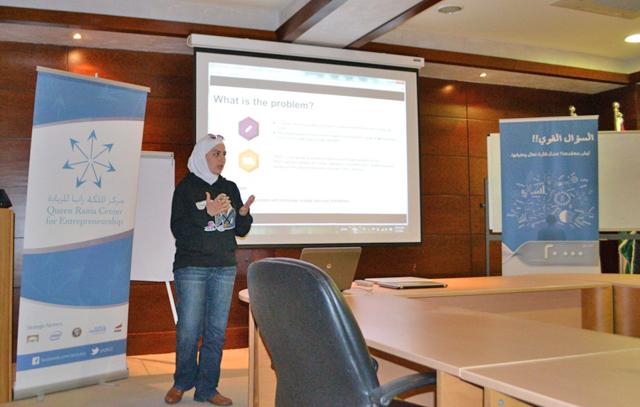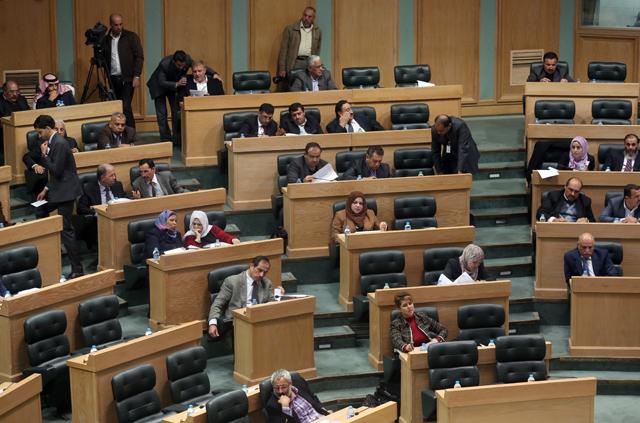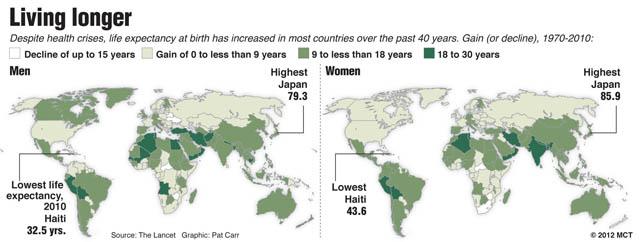AMMAN — The Queen Rania Centre for Entrepreneurship (QRCE) has announced the conclusion of the semi-final phase of its 2013 contest.
The Queen Rania National Entrepreneurship Competition aims to “develop the spirit of entrepreneurship among Jordanian university students and aspiring entrepreneurs from the local community” to enable them to transform their creative ideas into successful projects in the various fields of the technology sector, according to a QRCE statement issued this week.
Around 43 per cent of the applicants to the competition’s sixth edition were females.
The ideas put forward by the participants were evaluated during the first phase of the competition, which resulted in 252 participants qualifying to the second phase of the contest, the statement said.
“These youths joined a boot camp supervised by a group of experts in start-up management. They were trained in strategic planning, and customer and business development in accordance with the latest practices in the domain.”
Twenty-six teams qualified to the next stage after their draft business plans were evaluated, according to the centre. They submitted their projects after reflecting what they had learned in the training camp.
The award’s management then designated a mentor to help each team improve its plan and strategy before the final business plans were submitted and evaluated thoroughly to enter the final stage of the competition.
The finalists were two from the start-ups category, 13 from the pre-start-up category and six from the universities category, the statement said.
QRCE Executive Director Farhan Kalaldeh said that the objective of the current edition is to focus on educating and attracting young and promising entrepreneurs who have creative ideas, fledgling enterprises and start-ups from various cities in the country.
The number of participants in the current edition reached more than 500 young men and women split into 250 teams, the statement quoted Kalaldeh as saying.
Around 70 per cent of the participants were from outside Amman.
In its sixth edition, the competition received support from the US government’s Middle East Partnership Initiative, Intel Corporation and the Arab Potash Company.
The value of the competition’s prizes reached JD20,000, according to the statement.
QRCE was established in 2004 to help develop technology entrepreneurship in Jordan.
















